Before you read this blog…
To take bold action against the plastic crisis wrecking Africa we need support from people like you.Will you donate whatever you can so we keep confronting this crisis head on? Every donation, no matter how big or small, supports the plastic work we do across Africa.
Why we should be worried about single-use plastic
The future of single-use plastic usage in Africa isn’t looking good. With the recent news that the South African government is planning to oppose a multilateral Environmental Agreement (MEA) treaty in September that would effectively put an end to the import of plastics into Africa, in addition to Coca Cola’s blatant greenwashing campaign on PET plastic bottles in Kenya, single-use plastic and its effect on vulnerable communities in Africa is an issue that needs urgent intervention. Right now.
What is single-use plastic?
Single-use plastic, otherwise known as disposable plastic, is bad. Even if the plastic item is marked as recyclable, if it’s designed to be thrown away then it’s single-use as 90% of plastic is never recycled after it’s discarded. Single-use plastic, or disposable plastic, is any plastic item that is used once, and then thrown in the trash. Below are some examples of single-use plastic items that are causing damage to our communities and environment:
- Plastic bread bag tags
- Plastic bottles
- Styrofoam takeaway containers
- Straws
- Plastic packaging materials
- Plastic cutlery
- Plastic shopping bags
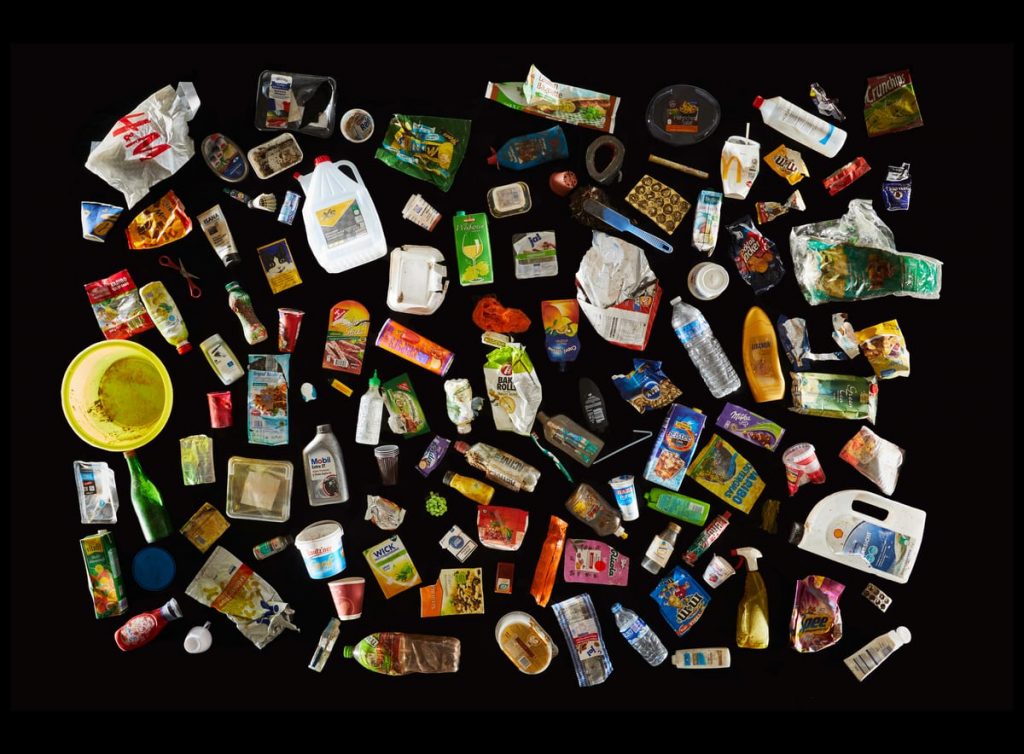
How does single-use plastic affect us and why is it a growing concern?
Big corporations have convinced us for years that single-use plastic is a necessity in this fast-paced, consumer driven culture that they force on us. They offer us false disposable plastic solutions like recycling as an antidote to the massive amounts of disposable plastic waste when most single-use plastic is simply burned and contributes to greenhouse gas emissions. Below are just a few negative impacts of single-use plastic:
- Disposable plastic items don’t biodegrade. They just break down into micro particles that contaminate our environment.
- Microplastics, smaller plastic particles that result from single use plastic breaking down, pollute our water sources and even our food.
- Only 9% of plastic waste gets recycled. The rest is either burned or dumped.
- The single-use plastic trade and resulting plastic pollution disproportionately affects poorer and disadvantaged communities
Unfortunately, the Covid 19 pandemic has seen an unprecedented surge in single-use plastics entering production as consumers demand that foodstuffs and other products be protected from the virus by plastic. Medical waste, including disposable masks, and fast food items such as plastic cutlery and single-use plastic straws or bags are some of the biggest contributors to this crisis.
This is largely due to the global plastics industry convincing us that single-use, disposable plastic products are inherently safer than reusable plastic products, while this is simply not the case. In June last year, over 120 health experts, including doctors, virologists and epidemiologists, did their part to kill the ‘single-use plastic is safer’ myth by signing a document conclusively stating that reusable plastic products can be made safe again through basic hygiene.
South Africa’s department of Forestry, Fisheries and Environment (DFFE) seems too paralysed by corporate interests to effect any legislation that will mitigate this flow of single-use, disposable plastic into our towns, cities and villages, and their intention to oppose the MEA in September proves this. South Africa currently ranks as 11 out of 20 countries responsible for the mismanagement of plastic waste, according to a recent article in Science, and this is having a devastating effect on our vulnerable citizens.
The effect of plastic pollution on Greenpeace Africa’s Plastic Project Lead Angelo Louw’s community (Video: @greenpeaceafrica)
Don’t kid yourself. Single-use plastic pollution is a social rights issue as well as an environmental one.
Single-use, disposable plastic finds its way into our poor and at-risk communities as large corporations realise massive profits through their use of single-use plastic packaging. As more developed countries start to take a stand and limit the amount of single-use plastic waste entering their borders, it is often countries in the Global South who bear the brunt of the flow of disposable plastic into their rivers, seas and landfills. Vulnerable people make use of the smothering tide of single-use plastic trade to make a meager living. Big business is aware of this but is taking very little real action to stem the tide of single-use plastic that they contribute to the problem.
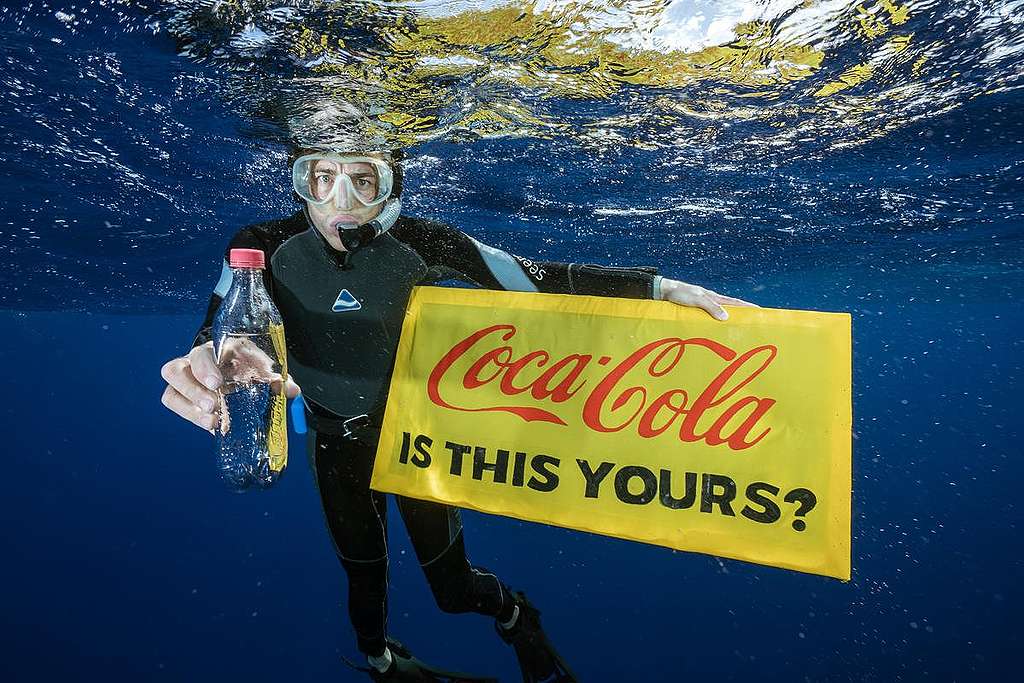
A recent report by the UN Environment Program (UNEP) has expanded on the disastrous effects of single-use plastic pollution on at-risk communities:
- Plastic production is causing deforestation and contaminating potable water
- Plastic waste is endangering communities that rely on marine resources to survive
- Women are at larger risk of health complications due to a higher aggregate of exposure to plastic products
Who is responsible for single-use plastic waste?
According to a 2020 brand audit by Break Free from Plastic, the Coca Cola Company South Africa contributed a majority percentage (81.38%) of single-use plastic to our environment in the form of PET disposable plastic packaging. This company is also punting false and misleading solutions like recycling that does not effectively deal with the flood of single-use plastic packaging it produces annually.
Coca Cola is supporting the fossil fuels industry through its gas and oil hungry single-use plastic packaging.
Sasol is a fossil fuel giant that manufactures a range of single-use plastic products. Low density polyethylene (LDPE), most commonly used as packaging material and in plastic bags and cling wrap, is one such product. Many millions of tons of single use LDPE is produced each year and much of it ends up in our rivers and oceans since it is non-biodegradable.
The WWF has identified SASOL and its subsidiaries as a primary plastic raw material producer in South Africa.
Unilever relies heavily on single use packaging for its many consumer products. It is also a heavy promoter of greenwashing to avoid addressing its contribution to the scourge of single-use plastic pollution. Unilever aims to divert attention away from acknowledging that single-use plastic production is outdated and harmful.
Unilever produces 610,000 tons of single use plastic packaging annually, and is planning to expand production into Asia.
You can play your part in fighting the single-use plastic enemy right now!
Greenpeace Africa and Break Free from Plastic have launched a campaign to force the South African government to meet its constitutional mandate to protect its citizens and sign up to the global plastics treaty in September. By signing this treaty, the DFFE will be compelled to introduce further limitations on the production and import of single-use plastic in Africa, as well as forcing corporations to agree to extended producer responsibility regulations so that single-use plastic is stopped at the source.
Get involved, and join Greenpeace Africa’s fight against single-use plastics by informing, educating and sharing with your community to ensure Africa can #breakfreefromplastic once and for all.
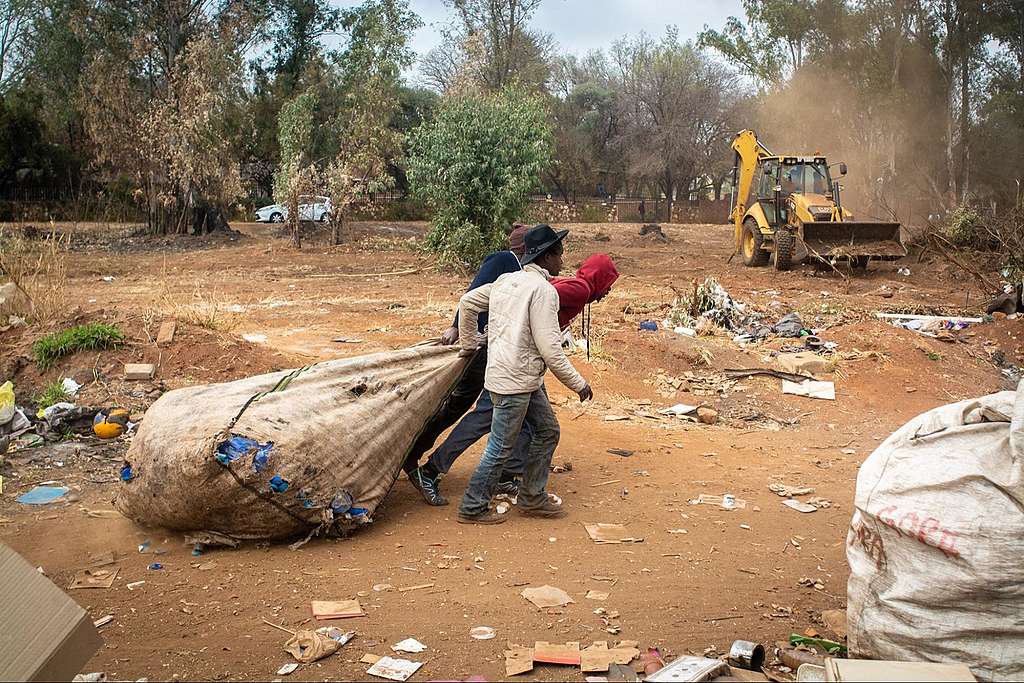
Semantically related keywords: Plastics, disposable plastics, microplastics, plastic pollution, South Africa, fossil fuel product, covid 19, UNEP, DFFE, recycling, Sasol, Cola Cola Company, Unilever

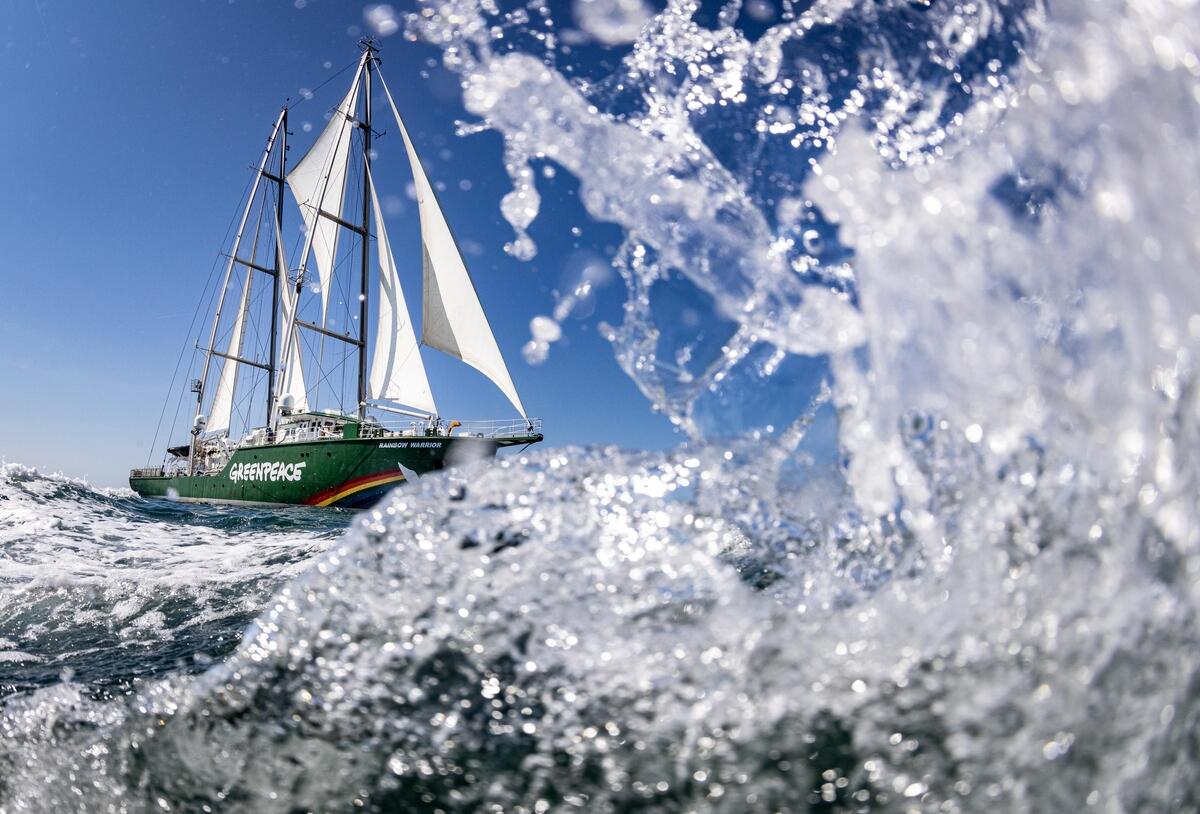
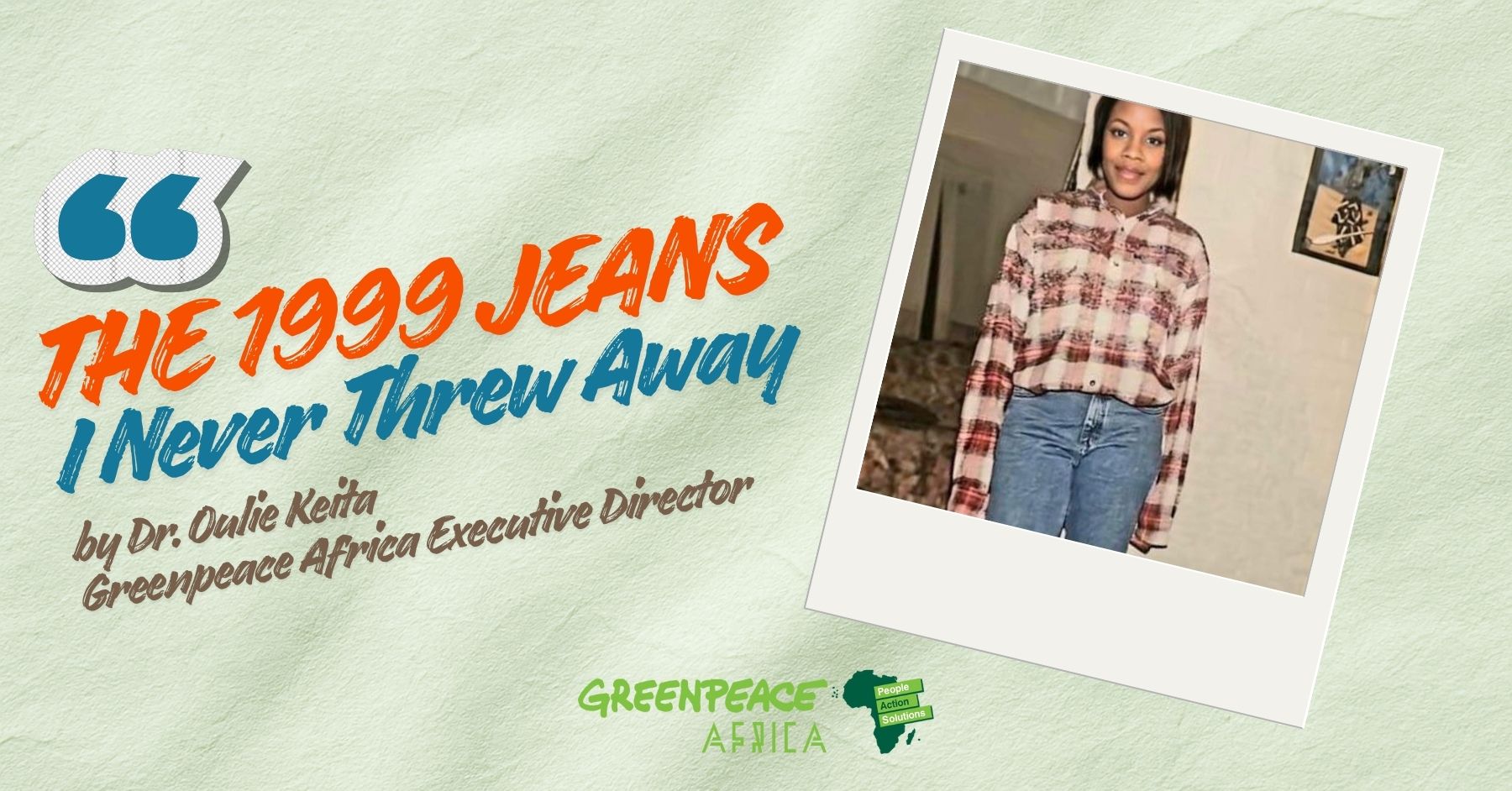
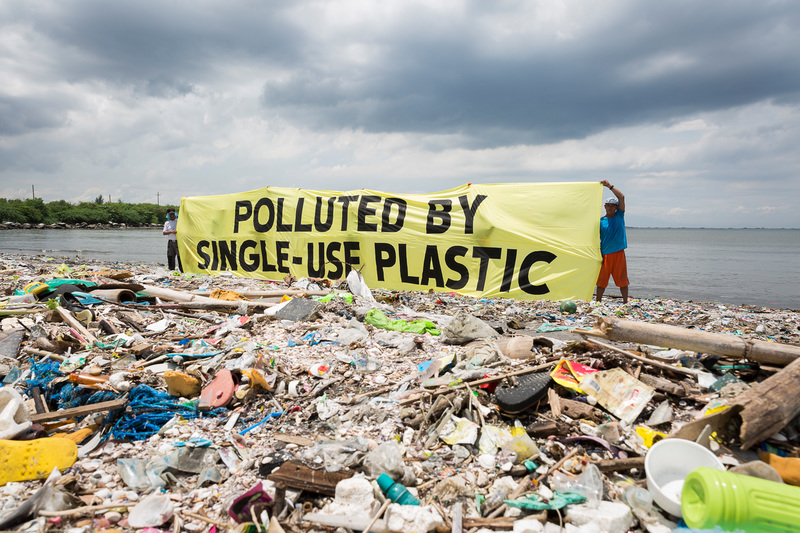
Discussion
thank you that helped cause i needed to write a feature article on single-use plastics. Really saved my guts since i copied you ! thamks again
Thank you for your comment.
Boycott all coke products in plastic They must go back to o ly glass bottles AllCooking oil must be producedin tin gallons as before Smirnoff vodka nips halves n500 ml must be boycottedthank you
Thank you for your comment. Indeed, we need sustainable packaging.
I reuse plastic water bottles - I refill them. I reuse straws - wash them and reuse. I reuse plastic bags by using them as garbage bags, so I guess they are double-use bags. I also wash and reuse plastic cutlery. I buy can cokes, and re-sell the aluminum cans.
Thank you for sharing with us. Indeed, we all need to play our part in plastic waste reduction.
just make stuff like packaging out of paper but bottles out of metal/glass or something
Thank you for your comment. Indeed, we need sustainable aternatives.